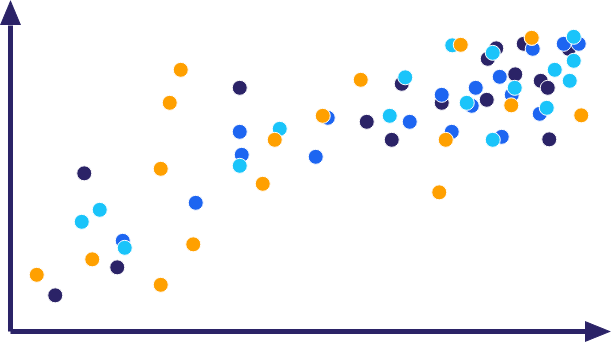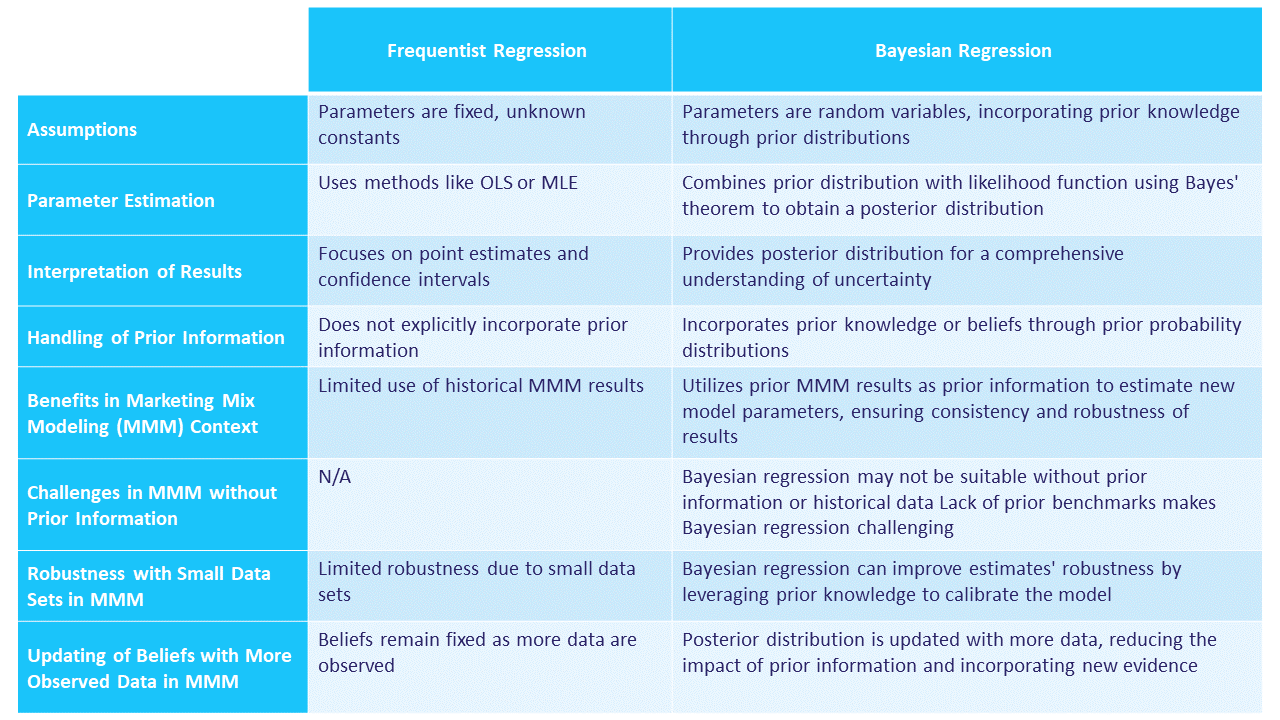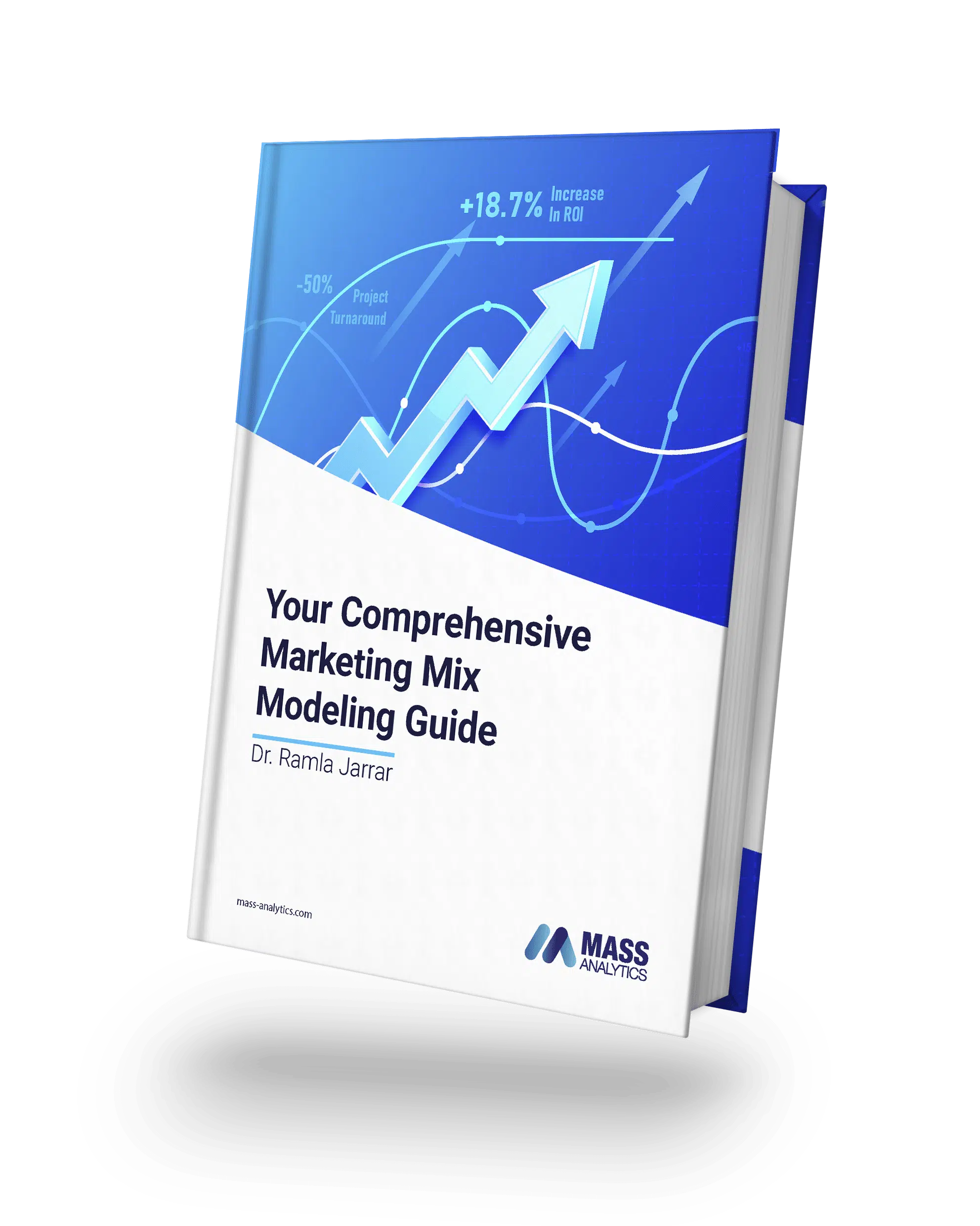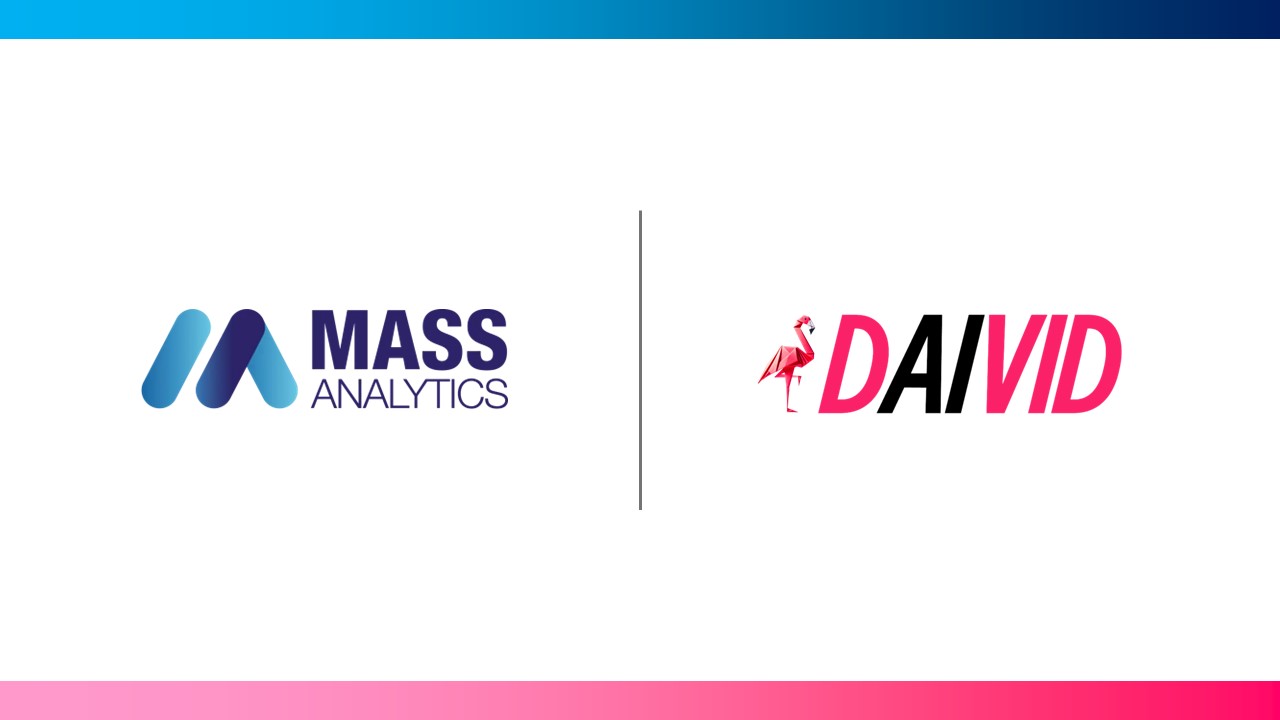What’s the Difference Between
Frequentist and Bayesian Regression
in Marketing Mix Modeling?
Frequentist regression, commonly known as regression, and Bayesian regression are two distinct approaches to regression analysis, differing in their assumptions, parameter estimation methods, and interpretation of results.

In the context of Marketing Mix Modeling (MMM), one notable difference is that frequentist regression treats the parameters as fixed, unknown constants and estimates them using methods like Ordinary Least Squares (OLS) or Maximum Likelihood Estimation (MLE). On the other hand, Bayesian regression treats the parameters as random variables and incorporates prior knowledge through prior distributions. It estimates the parameters by combining prior information with observed data, resulting in a posterior distribution. It’s worth noting that as more data is observed, the impact of prior information diminishes, and the posterior distribution is updated based on the observed data.
For brands with a substantial history of running MMM, Bayesian regression can be advantageous. It allows leveraging prior MMM results as prior information to estimate the new model parameters. This approach ensures consistency of results over time and offers a savvy proposition for marketers. However, in the absence of prior results or benchmarks, applying Bayesian regression could be challenging.
Additionally, when the historical data set available for MMM is small, Bayesian regression can enhance the robustness of estimates by utilizing prior knowledge to calibrate the model.








